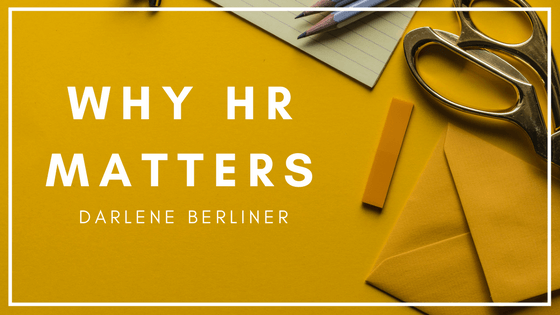Think back to a time where you were witnessing total chaos. What was going on? Were you feeling stressed? Did you feel a complete lack of control over the situation? Did you become angry with those who were supposedly in charge, for not doing enough? Or was the chaos and confusion, perhaps, your fault?
In times of strife, organizational and leadership abilities certainly go a long way toward calming the waters in any of the above described scenarios. . Essentially, that is what any human resources executive is prepared to do: put out the fires amidst a chaotic crowd.
Now, these fires can come in the form of employee disagreements, missing insurance papers, rule breaking, and the list goes on. What makes a human resources leader so important is that they have the temperament to handle nearly any type of situation with dignity, discretion, and fairness. Not to mention, they also need to enforce and maintain all company standards. It’s a difficult position that can often offer little thanks.
HR staff may not be sitting in their offices plotting business transactions and cohorting with shareholders, but they are every bit as important to the internal process of any business. Here, we’ll discuss 3 points as to why HR is so crucial that you may not have considered before.
Budget Control
That’s right, folks! HR is more than just employee conflict resolution. A recent article on the subject describes this action perfectly. “Human resources curbs excessive spending through developing methods for trimming workforce management costs, which includes negotiating better rates for benefits such as health care coverage.” Remember, human resources also covers a wide range of topics, and establishing employee welfare programs, facilitating and evaluating training and development initiatives, protecting the organization from expensive employment claims and lawsuits, and determining salaries are just some of the cost containment components of the job.
Talent Acquisition
One of the most important aspects of the HR department is employment. Before your big interview with your hopefully-soon-to-be-boss, you have to pass through a few layers of approval. That’s where the HR department comes in. Not only do they have input with regard to the overall design of the hiring process, they are responsible for screening incoming applicants. In some cases, the HR department does a majority of the hiring without the involvement of any direct supervisors. This is a big weight to carry, but as any HR executive knows, it’s just one of the many exciting parts of the job.
Developing Public Relations
In order to understand what your business requires in terms of employee talent, public relations, and mission statements, you must know your market. HR executives cannot depend on others to educate them on how the business is being portrayed and deemed by the public – this is yet another facet of the position. Because of the shared interests between how possible employees perceive the company and how the Marketing and PR departments advertise the company, HR must often collaborate with these other departments to get the messaging just right. And since this collaboration is so common, HR executives also have a unique view of the company as a whole, and can offer great insight into business plans as well as public relations techniques.
Above all else, the HR department is there to act as the conduit, connecting each sector of the business together. Having a well-functioning HR team or a trusted leader in a sole HR executive role can make all the difference in the success of any business enterprise. For more information on HR roles and qualities, continue to check my blog and visit me on social media.

